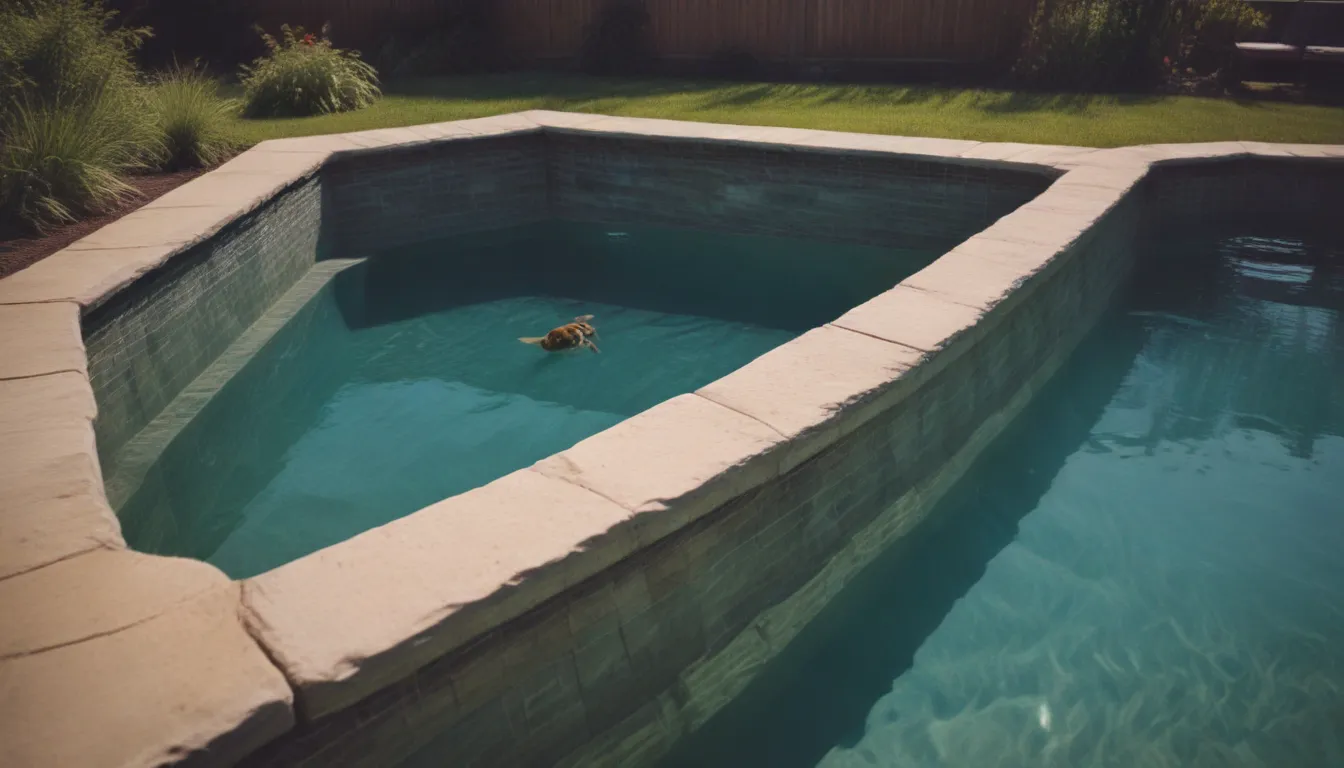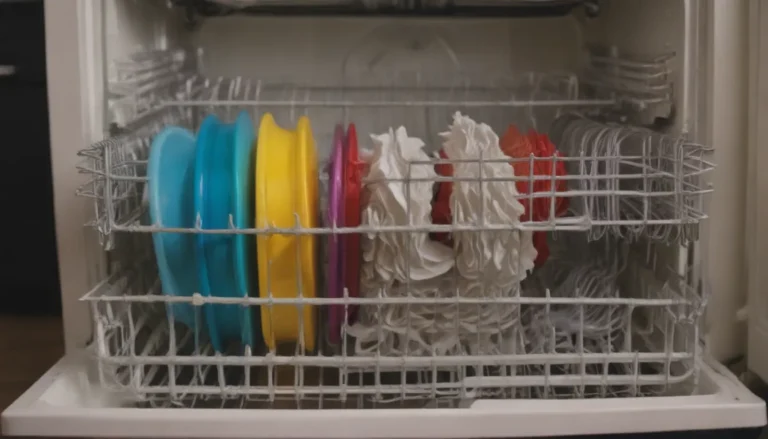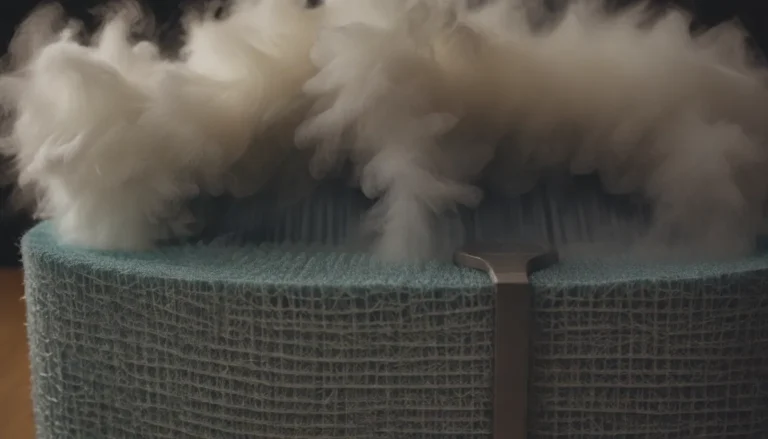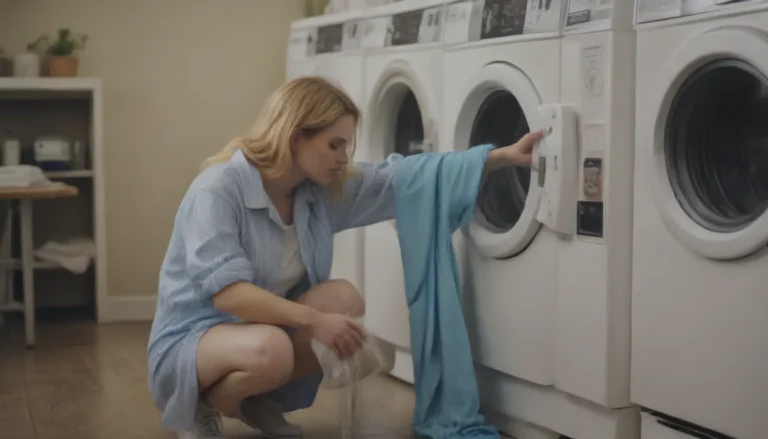Protecting Your Pool: How to Keep Bees at Bay

Are you tired of sharing your pool with unwanted buzzing visitors? Bees are essential for pollination, but when they start taking over your pool area, it can be frustrating. Fortunately, there are steps you can take to deter bees and other stinging pests from turning your oasis into their watering hole.
Understanding Bees and Their Behavior
Before jumping into bee-proofing your pool, it’s essential to understand why bees are attracted to it in the first place. Bees, like us, need water to survive, especially during hot weather. Your pool provides a convenient source of water for them. But why are they so fixated on the pool when there’s water everywhere?
Bees have a keen sense of smell that helps them detect water sources. The strong smell of chlorinated or salt-treated pool water signals to bees that there’s water nearby. Unfortunately, this attraction is hard to avoid. Instead of trying to keep bees away completely, focus on providing alternative water sources to steer them in a different direction.
Signs of Bees in Your Pool
If you’re constantly finding bees in your pool, it’s a clear indicator that you have a bee issue. But pinpointing the source of the bees may not be as straightforward. The term “bees” is often used interchangeably for various flying, stinging insects like wasps and hornets. Identifying the specific pest present will help you determine if there’s a nest nearby.
Look for signs of a nest, such as a distinct flight path or a concentrated area with insects coming and going. Bees, wasps, and hornets have different nesting habits, so identifying the pest will guide your pest control efforts in the right direction.
Tips for Identifying Bees and Their Nests:
- Bees: Fluffy, prefer nesting in hollowed-out stumps or ground nests.
- Wasps: Sleek, build open-faced nests under eaves.
- Hornets: White and black, build closed paper nests around tree limbs.
- Yellow Jackets: Smooth bodies, build nests in wall voids or underground holes.
Deter Bees with Alternative Water Sources
Since it’s challenging to completely deter bees from a water source, your best bet is to provide them with safer, more secluded alternatives. Rather than letting them flock to your pool for a drink, create a designated area where they can safely hydrate.
One simple solution is to fill a bird bath with the same pool water that attracts bees. This gives them a separate spot to land and drink without risking drowning. By offering alternative water sources, you’re making your pool less appealing to bees and other pests.
Tips to Keep Bees Away:
- Provide alternative water sources like a bird bath.
- Avoid scooping bees with your hand to prevent stings.
- Focus on prevention by deterring bees rather than eliminating them.
Dealing with Different Stinging Pests
Identifying the type of stinging pest lurking around your pool is crucial for effective pest control. Bees, wasps, hornets, and yellow jackets have distinct appearances and nesting behaviors, so knowing which pest you’re dealing with is key to developing a targeted pest management plan.
- Bees: Docile, fuzzy, tend to nest in hidden areas.
- Wasps: Sleek, colorful, build open-faced nests under eaves.
- Hornets: White and black, build closed paper nests around trees.
- Yellow Jackets: Aggressive, build nests in wall voids and underground holes.
By understanding their behaviors and nesting preferences, you can determine the best approach to dealing with each type of stinging pest. Whether you choose to coexist with bees or eliminate more aggressive pests like yellow jackets, a tailored strategy will help you protect your pool area from unwanted visitors.
Conclusion
Keeping bees away from your pool may seem like a daunting task, but with the right knowledge and proactive measures, you can create a bee-free oasis for you and your family. By understanding why bees are drawn to your pool, identifying the specific pests present, and providing alternative water sources, you can enjoy a sting-free summer by the pool.
Remember, bees play a vital role in our ecosystem, so whenever possible, aim to coexist peacefully with these pollinators. By taking steps to deter bees from your pool without harming them, you can create a harmonious environment where both humans and bees can enjoy the summer sunshine.





